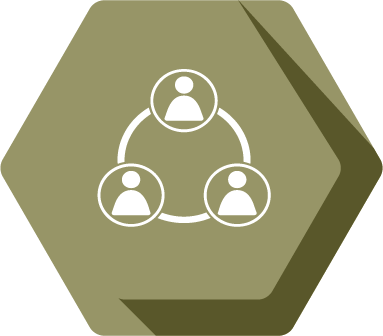Joshua Kennedy

Pronouns: he/him/his
Research Mentor(s): Lisa Wexler, Professor
Research Mentor School/College/Department: Institute for Social Research,
Presentation Date: Thursday, April 22, 2021
Session: Session 1 (10am-10:50am)
Breakout Room: Room 11
Presenter: 1
Abstract
Suicide is a leading cause of death among young people (10-14, 14-24, and 25-34-year olds) and disproportionately affects Indigenous communities. Promoting Community Conversations About Research to End Suicide (PC CARES) is a community-based participatory research project that is committed to developing relationships within Alaskan Native (AN) communities that supports using “upstream” prevention methods of suicide. This study aims to evaluate the usefulness of PC CARES At Home, which involves direct mailings and social media interactions to maintain a connection with community members who started with the first cohort (N=140) that was interrupted by the COVID-19 pandemic, and to establish new connections with school staff who were nominated as influential people in students’ lives. To continue building local capacity to support youth wellness and suicide prevention throughout a remote setting, we will send information and material resources that introduce and reinforce the PC CARES curriculum for AN families at home. This involves PC CARES Care Package mailings every couple of months, along with the option for a consistent exchanging of ideas and support through a private Facebook page. We estimate that 100 people will “opt-in” to receive more packages after receiving their first 1-2 packages. Our research will examine satisfaction, perceived benefits, and feasibility of this approach. Our analysis will assess recipient reactions to each package via feedback surveys, opt-in rates for future deliveries, and phone interview transcript summaries. In addition, we will track social media engagement in response to posts themed on the package contents and information. In conducting this study, we expect to gain a better understanding of the usefulness, appeal, and recipient satisfaction with mail and social media-based suicide prevention and wellness tools. These results will be especially beneficial for understanding socially-distanced suicide prevention and wellness education during the COVID-19 pandemic. This will also act as a guide for practitioners to understand mail and social media-based suicide prevention programs.
Authors: Joshua Kennedy, Tara Schmidt, Lisa Wexler, Lauren White
Research Method: Community Based Research







